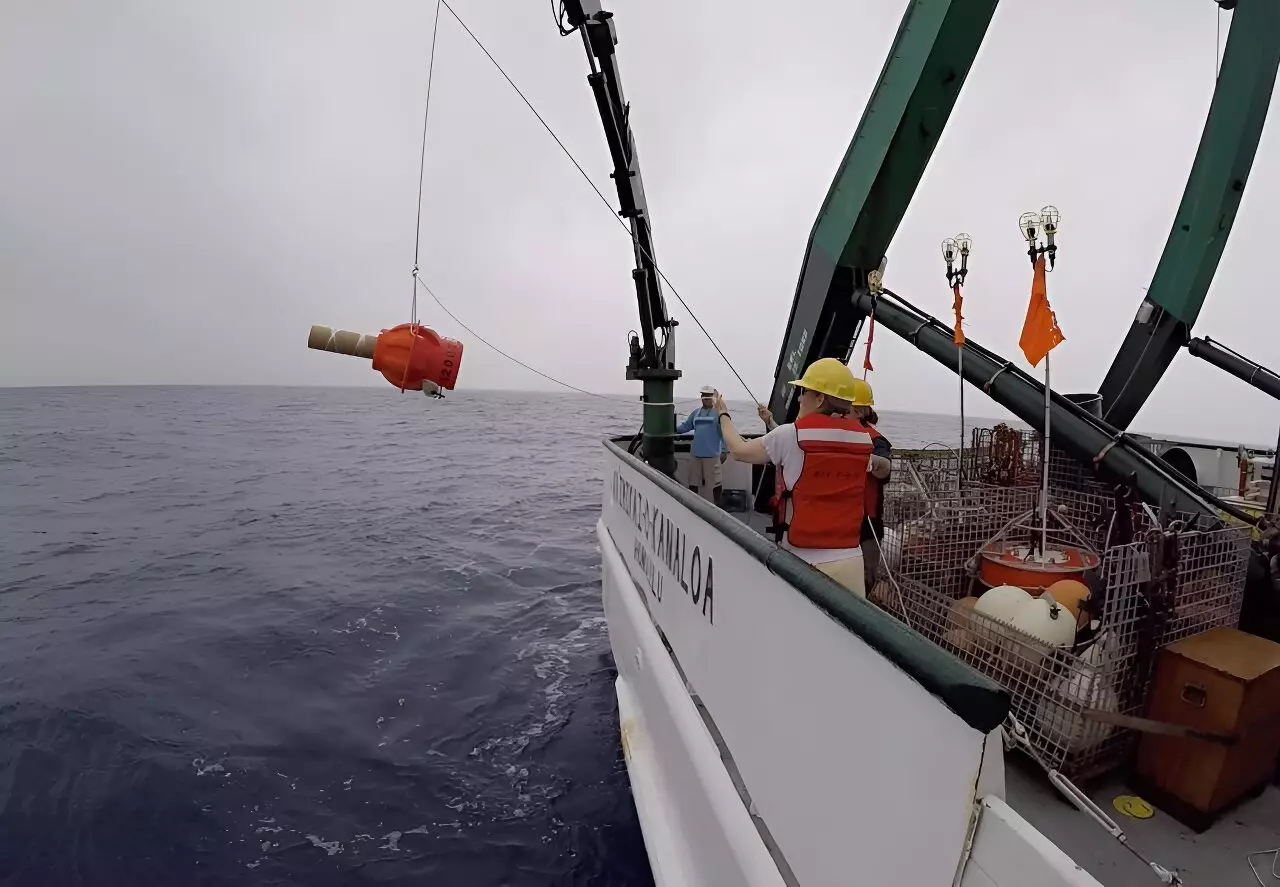In a significant advancement for climate science, recent research published on September 19 in *Geophysical Research Letters* has utilized cutting-edge technology to paint a clearer picture of deep ocean warming. Researchers have effectively combined data collected by Deep Argo floats—autonomous robotic instruments designed to explore the depths of our oceans—with historical marine data, enhancing our understanding of how the world’s deep oceans are changing. As this new study reveals, parts of the global deep ocean are warming at an alarming rate of approximately 0.0036 to 0.0072°F (0.002 to 0.004°C) annually.
According to lead author Greg Johnson, an oceanographer at NOAA’s Pacific Marine Environmental Laboratory, the warming of the ocean plays a crucial role in the broader context of climate change. He asserts that ocean warming is the dominant factor in global warming, with profound implications for both ecosystems and human societies. The findings of this study not only reaffirm previous assertions of deep ocean warming but also dramatically reduce uncertainties about global ocean heat uptake, particularly in waters deeper than 2,000 meters. These regions are pivotal not only for sea level rise projections but also for understanding extreme weather patterns.
One of the substantial contributions of this research is the detailed insights into the geographical nuances of deep ocean warming. Critical areas off Antarctica have emerged as hotspots, where warming waters are transported northward through the ocean conveyor belt. This phenomenon is compelling, as it illustrates the interconnectedness of our planet’s climate systems. Similarly, waters surrounding Greenland have shown significant warming due to the reduced influx of cold, dense water typically generated by surface freezing processes. Such developments underscore the flux in ocean dynamics attributable to rising atmospheric temperatures and the influx of freshwater from melting ice sheets.
Understanding these warming patterns in deep ocean waters allows for more accurate climate models. Enhanced models can better predict potential future scenarios concerning rising sea levels, increased precipitation, and the frequency and intensity of tropical cyclones—all of which can have dire consequences for the environment and human populations. Johnson points out that while scientists first observed the warming trend near Antarctica two decades ago without the benefit of dedicated deep ocean measuring instruments, the advent of Deep Argo data has allowed researchers to quantify changes more reliably, effectively halving the level of uncertainty associated with previous measurements.
Deep Argo’s inception represents a transformative moment in oceanography. Launched in 2014, these floats are capable of recording vital data—temperature, salinity, and more—at depths reaching up to 6,000 meters. As arrays of Deep Argo floats proliferate across various ocean basins, including the Southwest Pacific, South Atlantic, and North Indian Oceans, the quality and quantity of data collected have markedly increased. Johnson notes that the current pilot arrays are just the beginning of a larger mission. Establishing a global array could dramatically improve our ability to monitor warming rates over shorter time frames and examine how these rates evolve.
As we look toward the future, the potential for Deep Argo to enhance our understanding of climate change remains vast. Johnson expresses optimism about the capability of these floats to offer deeper insights into temperature and salinity patterns, ultimately aiding in predictive capabilities for climate shifts decades ahead of time. Given the crucial role ocean health plays in overall planetary well-being, the expansion of this vital monitoring network is not merely beneficial but necessary.
The integration of historical data with the innovative use of Deep Argo floats marks a significant milestone in our collective understanding of the effects of climate change on deep ocean environments. As we continue to crowdsource global data and advance our monitoring capabilities, the imperative remains clear: we must prioritize ocean research as a fundamental component of broader climate strategies. The oceans, encompassing over 70% of our planet, serve as both a barometer for climate change and an essential ally in mitigating its impacts. Therefore, the quest for knowledge continues, fueled by technologies like Deep Argo, enabling us to better foresee the profound changes our world is facing.

